Facebook's relationship with the general public is a fraught one. As one of the big five tech companies, it is integrated into the almost daily lives of a majority of Americans as a form of connection and communication. Yet, management has allowed it to be used as a tool to manipulate the 2016 election, and have themselves further marginalized already marginalized communities with platform-wide tone-deaf policies.
Earlier this year, Freedom from Facebook, a coalition of progressive groups working against Facebook's concentrated power, called for a Civil Rights audit of the platform in the wake of reports that Russian trolls had used the platform to manipulate the 2016 election by targeting communities like black voters and LGBTQ+ people. A key group within that coalition, racial justice organization Color of Change, who had been calling for the audit since 2016 after the death of Korryn Gaines spotlighted Facebook's cooperation with law enforcement. Here, we chat with the organization's president, Rashad Robinson.
What are the most important takeaways from the Civil Rights Audit you all were involved with on Facebook?
Well, the important takeaways are that we've been pushing and pressing Facebook to be more transparent, and when we met with Sheryl Sandberg about a month ago, one of the things that came out of that meeting was that they would publish this update in a public way about where they're at. What's clear about this update is that Facebook has not done enough. They have not moved quickly enough, they have not moved with enough energy to truly address the issues on their platform. But while it is important that this information is out there, what this tells us is mostly what Facebook still has to do, rather than what Facebook has done.
So it's not a roadmap for addressing these things. It's just: "We know we have problems."
Exactly. There's a host of things that are not even addressed in this document. For example, how Facebook has worked with and engaged with law enforcement outside of warrants and other issues of due process. There's a whole set of things that are important to the Civil Rights Community, incredibly important to folks who want this platform to be safe for everyone, that is just not addressed here because Facebook has had a false equivalency inside of their shop that has really placed conservative bias at the same level of civil rights.
So white supremacist rhetoric is looked at or viewed as the same as people asking for rights that are afforded to everyone?
It's a little bit about that, but it's more that anything related to people that are not straight and white, is considered political. An example of that is Kwanzaa celebrations could be considered political. They see ads for Pride parade seen as political, right? And to the extent that there's a number of right-wing activists inside of Facebook -- particularly Joel Kaplan, who is a director of policy [at Facebook] -- who think that attacking conservatives because of their views in this climate is the same as attacking someone because they're queer, or attacking someone because they're black, or attacking someone because they're a woman. Those things are given the same type of power. The same day that they did a training about voter suppression, they also had someone come in and do a training on voter fraud, which we know has been this conservative myth that has been given voice by Donald Trump, but has been debunked over and over again after study after study. It's almost as if they would have given a platform for someone to come in and talk about why the world is flat.
There was a report that came out this week about how Russian troll farms used Facebook to manipulate queer voters; do you think the platform had a responsibility there?
I think that Facebook has a lot of responsibility for a platform that has been so focused on growth, but hasn't done the proper checks on safety and privacy.. Any company that grows this quick also has to make sure that their product, and that their service, is not dangerous. Facebook has not met that.
A few weeks ago, news broke that Facebook handed down their new censoring policies. People have said these policies grossly effect queer and also kinky people.
I think that this is one more of the areas where Facebook just hasn't fully thought through the implications of their policies on a wide range of communities, because straight hetero-patriarchy is at the center of so much of the decisions. This was a decision they almost feel proud of that they're doing the right thing and they don't think about how it impacts people who don't live the same way.
Even when we're meeting with Sheryl Sandberg, she was talking about the kind of G-rated nature of Facebook, being one where there's no nudity or there's no other things on this platform. One may say sexual position is something that is private, it's secret, and one shouldn't put that on the platform, but another person might say that to be queer, to be gay ... Some of those things are not secret, because we talk about those things. We have conversations. What may be considered private or adult content in some communities, is not actually.
When policies are created that force people into not being their full self, or not being able to present themselves fully, what you're doing is prioritizing certain experiences over others. And that's what we're seeing inside of Facebook as this company that has so much power, has grown so quickly, but has not layered in the type of policies and protections necessary to ensure that their platform isn't weaponized against the very communities that have helped it grow.
Thinking about all of this with censorship, and everything we've talked about in addition to the recent news that Facebook has been allowing companies to read your private message, is there any reason to continue to trust Facebook?
No. No, we should not trust Facebook. What we should be doing is working to hold Facebook accountable. Forcing them to change the policies and practices internally, forcing these type of regulations at the FTC, and with members of Congress. That is actually what we should be doing until Facebook has real changes. That was why demanding the Civil Rights Audit for us was so important that we have a full lay of the land of the civil rights challenges, and when we called on it, we pushed them to talk to and interview a wide range of people in the civil rights community, including the 90+ organizations from Muslim groups, to LGBT groups, to black civil rights groups like us.
The fact of the matter is, is that Facebook has lost the benefit of the doubt. And we have to do work now to hold them accountable, and we have to do work to make sure that they are regulated, and that is the only way we can get to a place where this platform, and the people that work inside that work there, are going to do the right thing.
So if we're not trusting Facebook, what does that look like? Does that mean we boycott like the NAACP began to do this week?
Joining in the NAACP campaign could be right for some people, and we think that's important, but we recognize that as much as we want to place pressure on Facebook to change, in some ways we've passed the moment of Facebook changing on their own, and some of our energy has to really be focused on Congress, focused on attorney generals, the states. Focus on the folks who hold the power, the government's perspective to regulate, to also place pressure on investors in Facebook to push and hold Facebook accountable.
Yes, we can log off, type of things, raise energy around the issue, but Facebook cannot regulate Facebook. So even if they feel a little bit of pressure on a boycott, the changes that they will make on their own will be minor. There needs to be sweeping changes at how Facebook does its work, and that's gonna have to come not just from what Facebook does inside, but what those in government do to ensure that this platform is fair.
Unfortunately, because Facebook has lacked the type of rules of the road, and oversight, they have the potential to drag us into the past. Into a past where you could market housing just to white people. That you can say we've got these coupons, but we do not want gay people to see them, because we don't want them to come into our business. There are all sorts of ways in which Facebook and it's product has both intended and unintended consequences that hurt people. Hurt people because they are people of color, hurt people because they are women, hurt people because they're queer, and hurt people at the intersection of those experiences, and that's why fighting for civil rights at Facebook is such an important issue and so important to the future of our economy and our democracy.
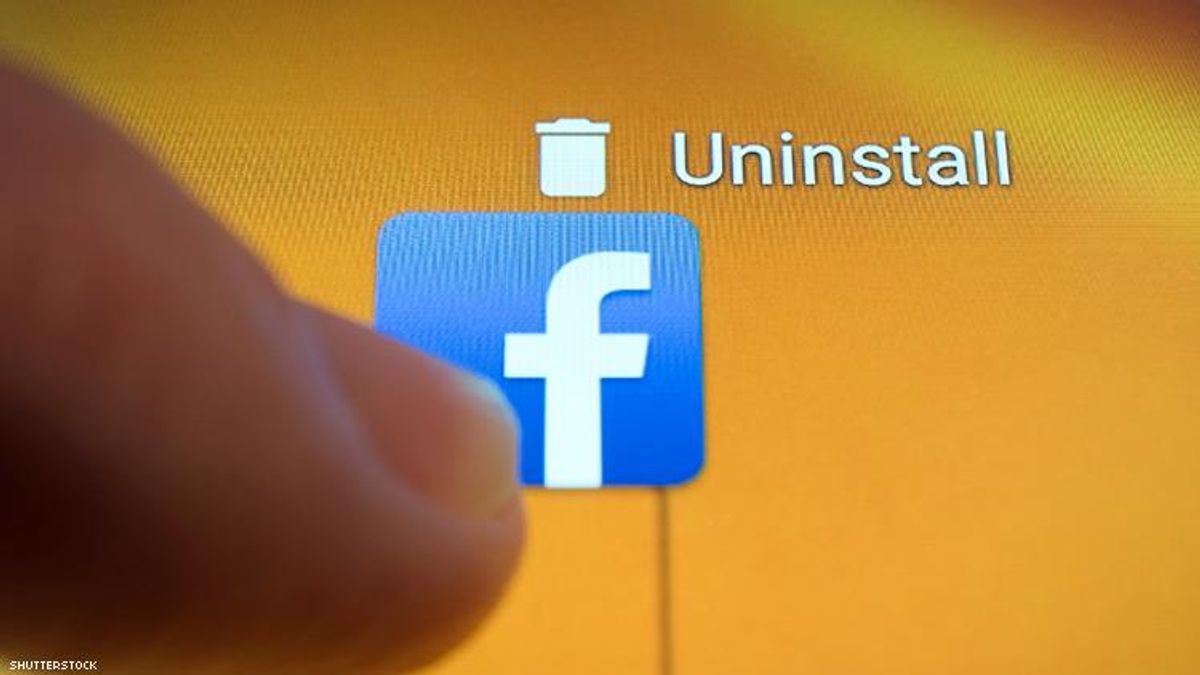

















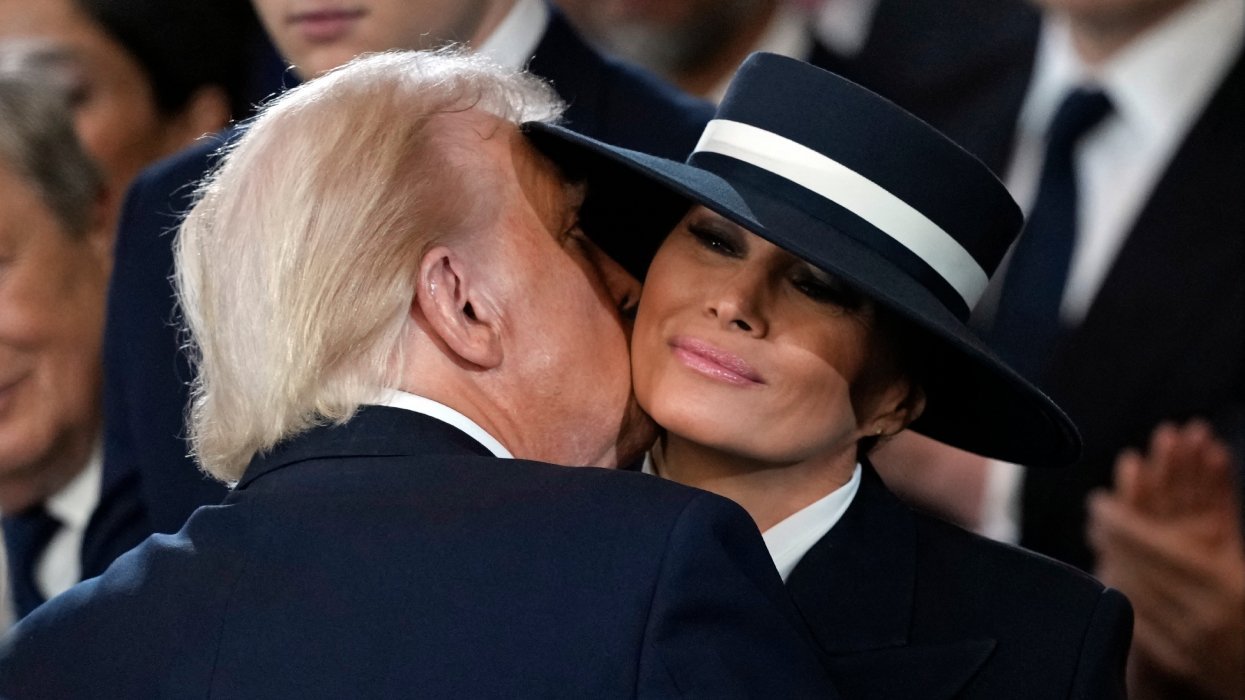


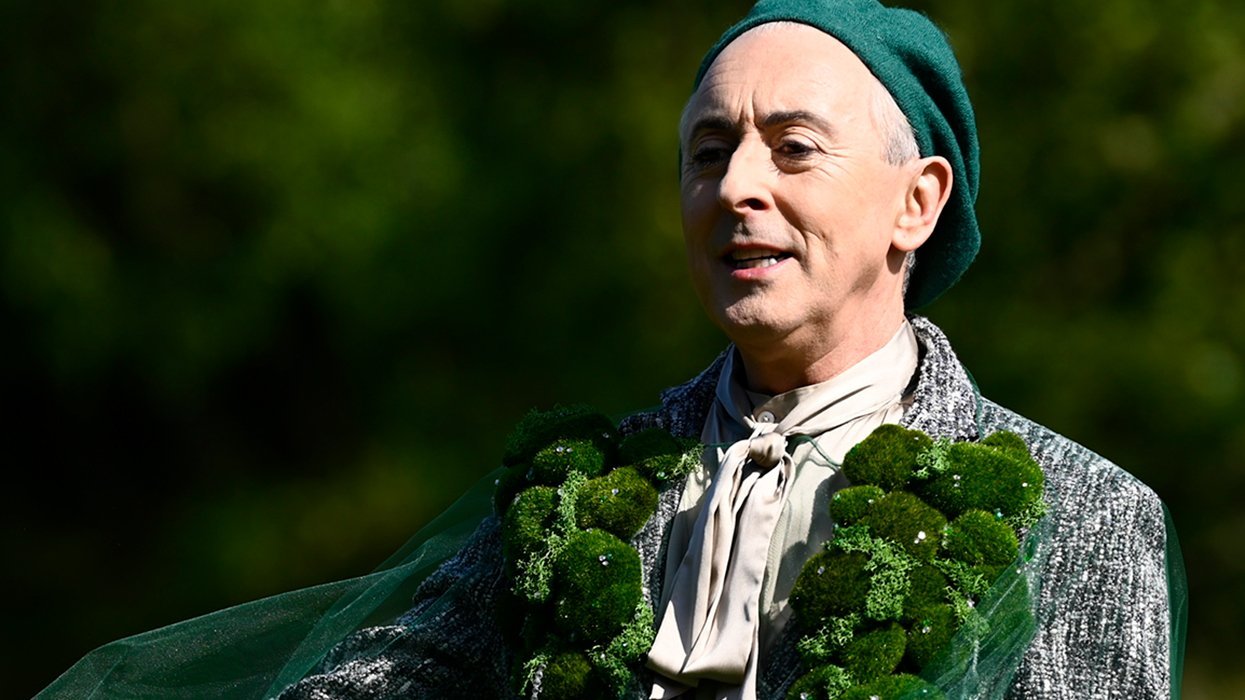
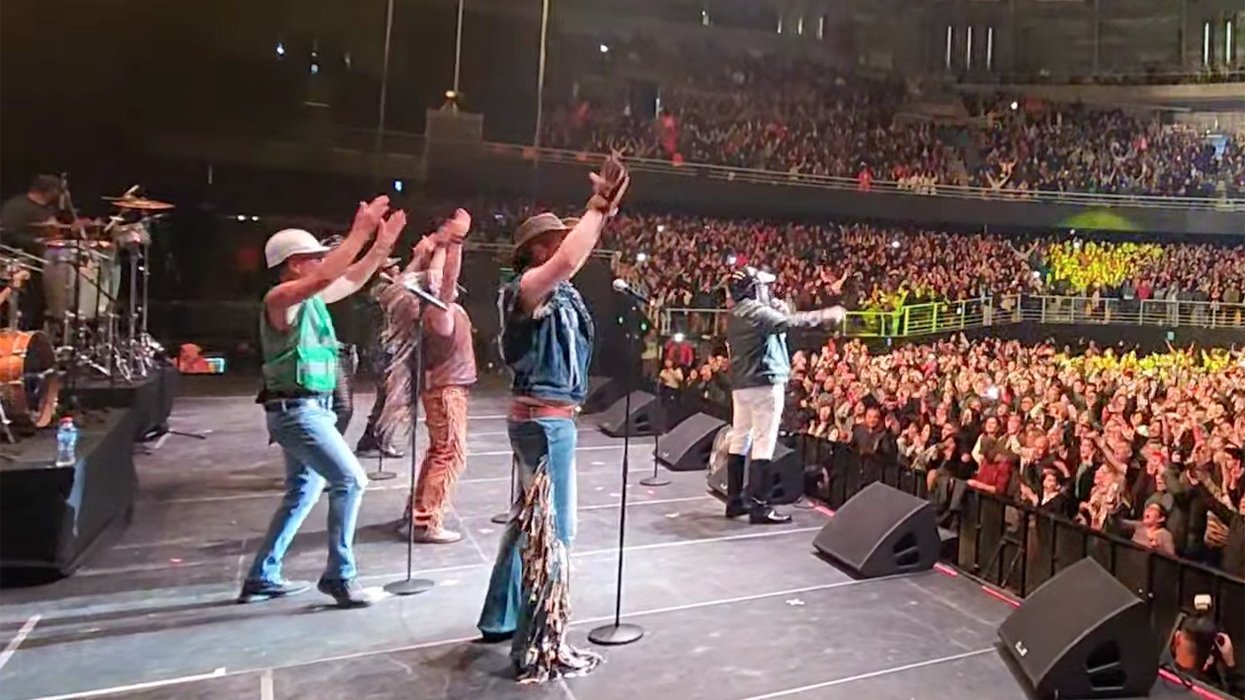

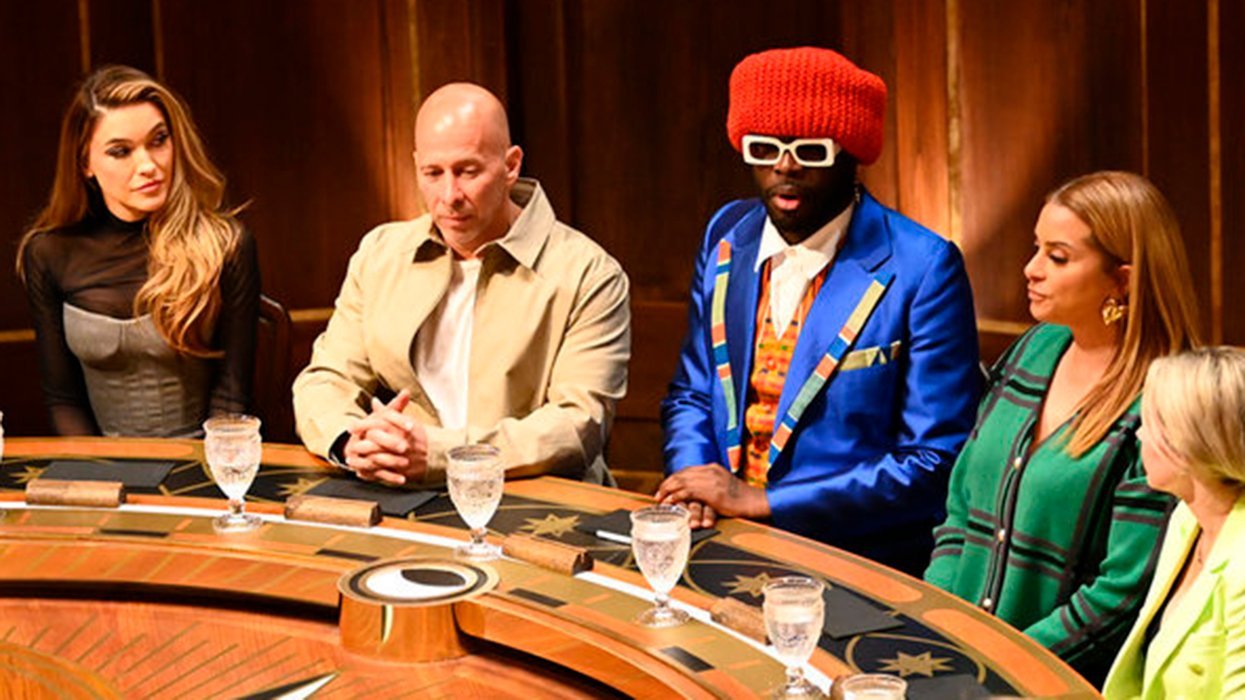
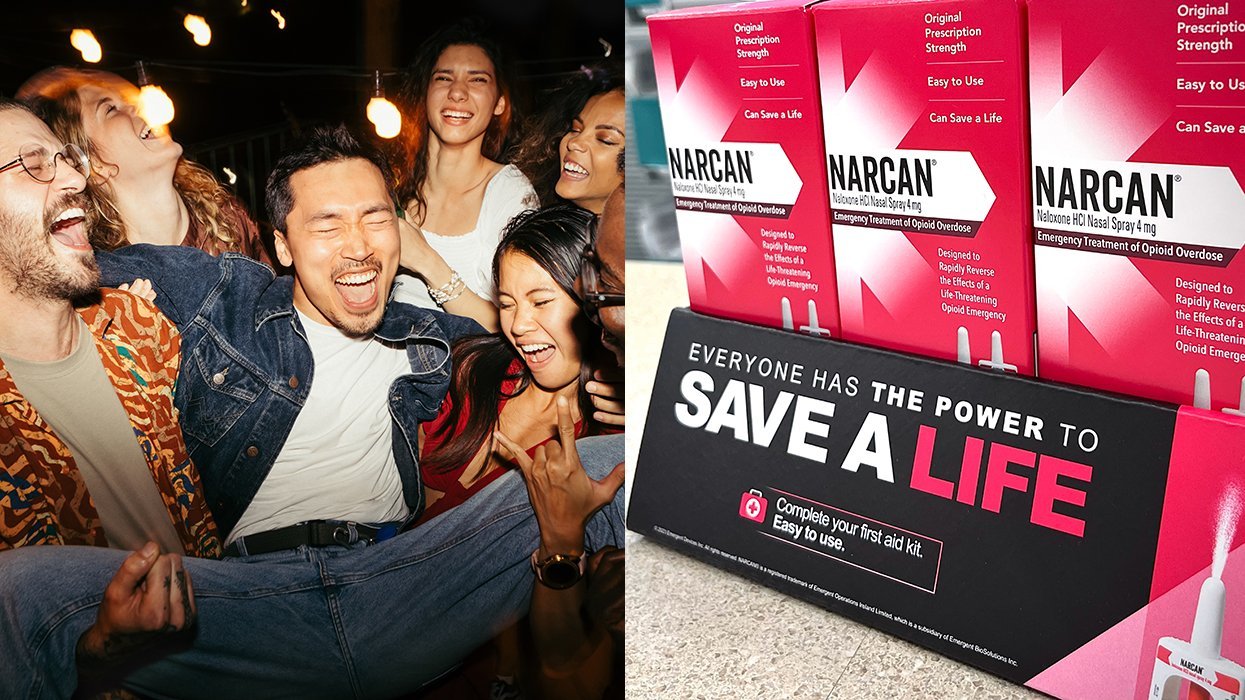
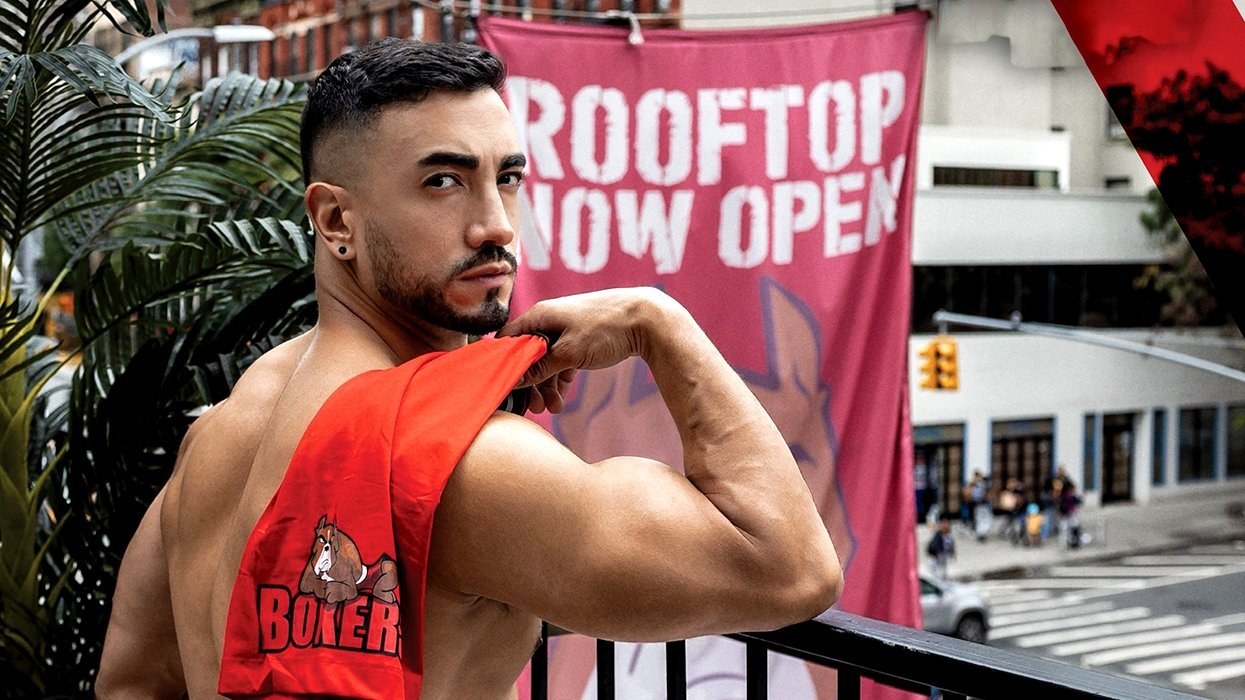
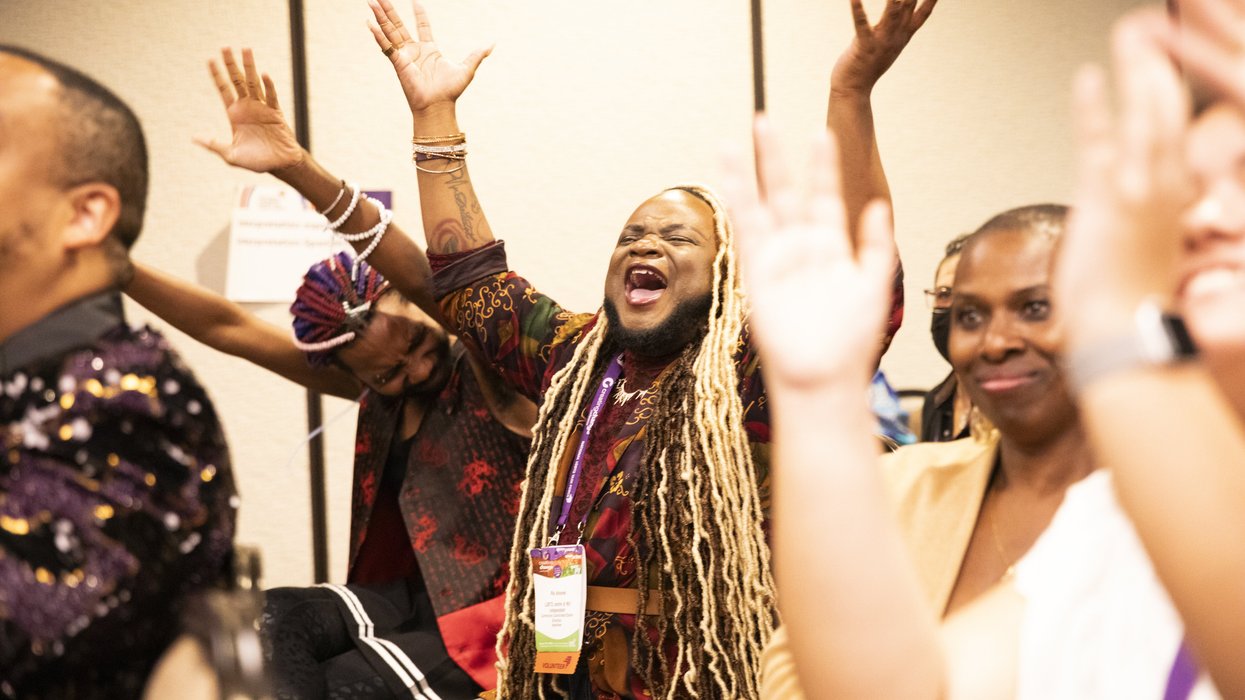
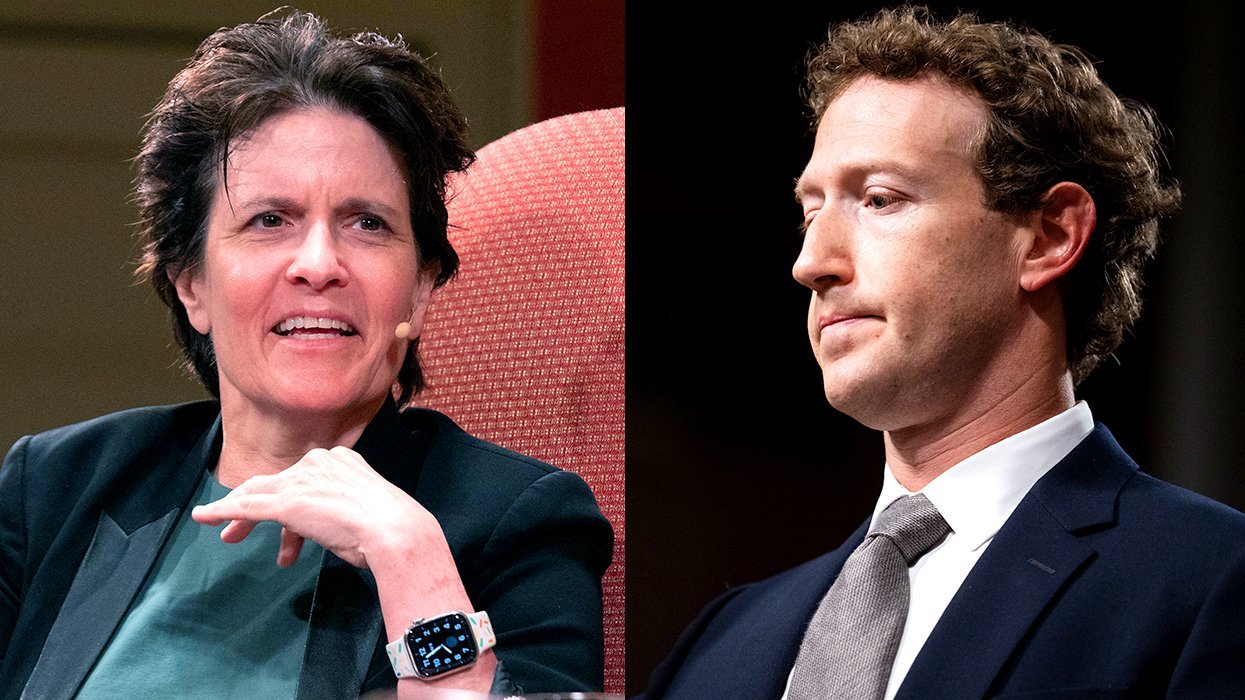
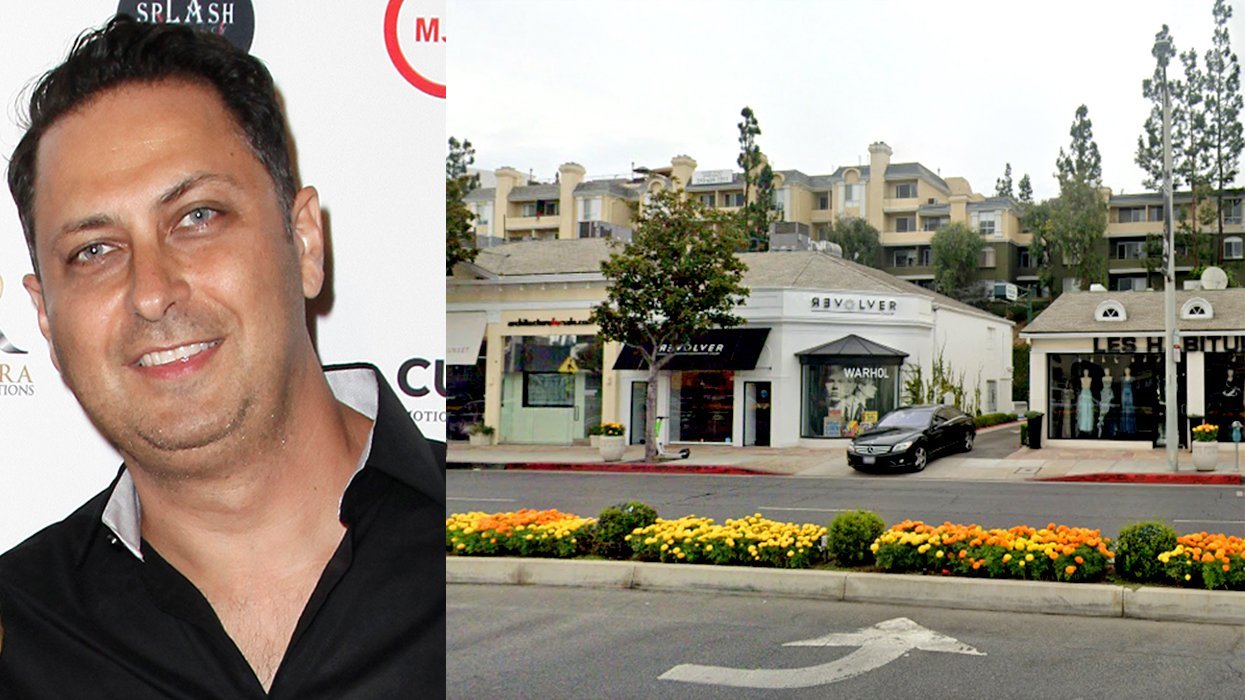
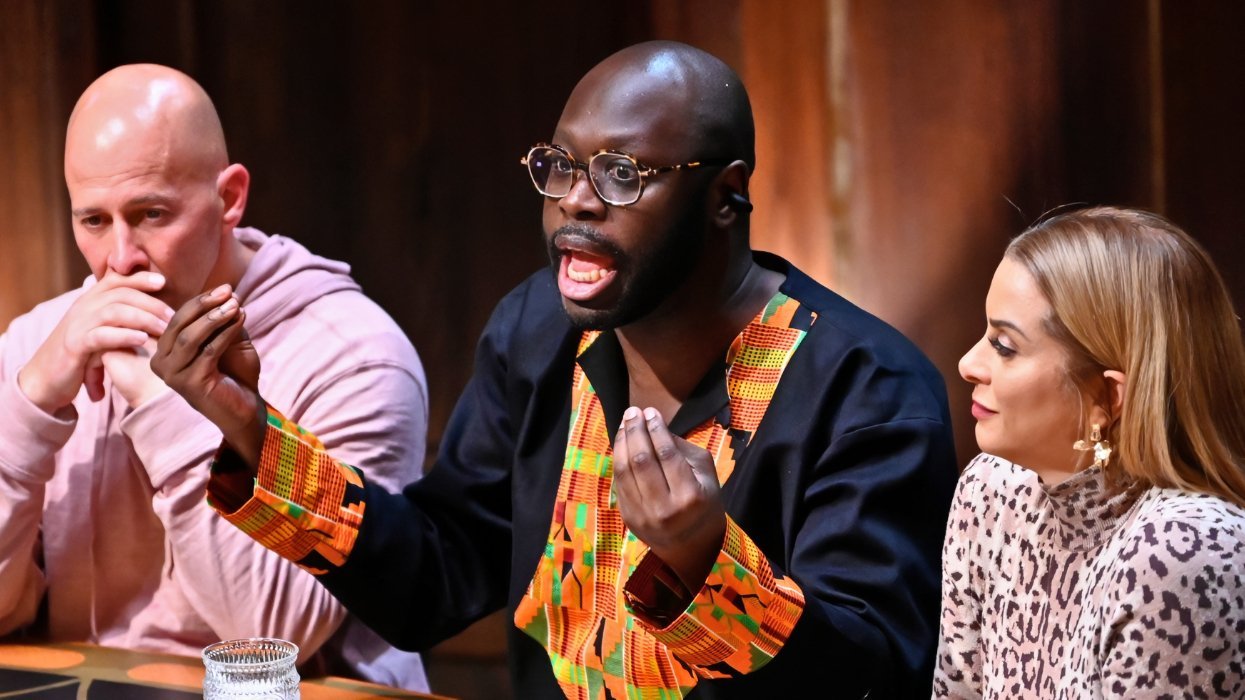
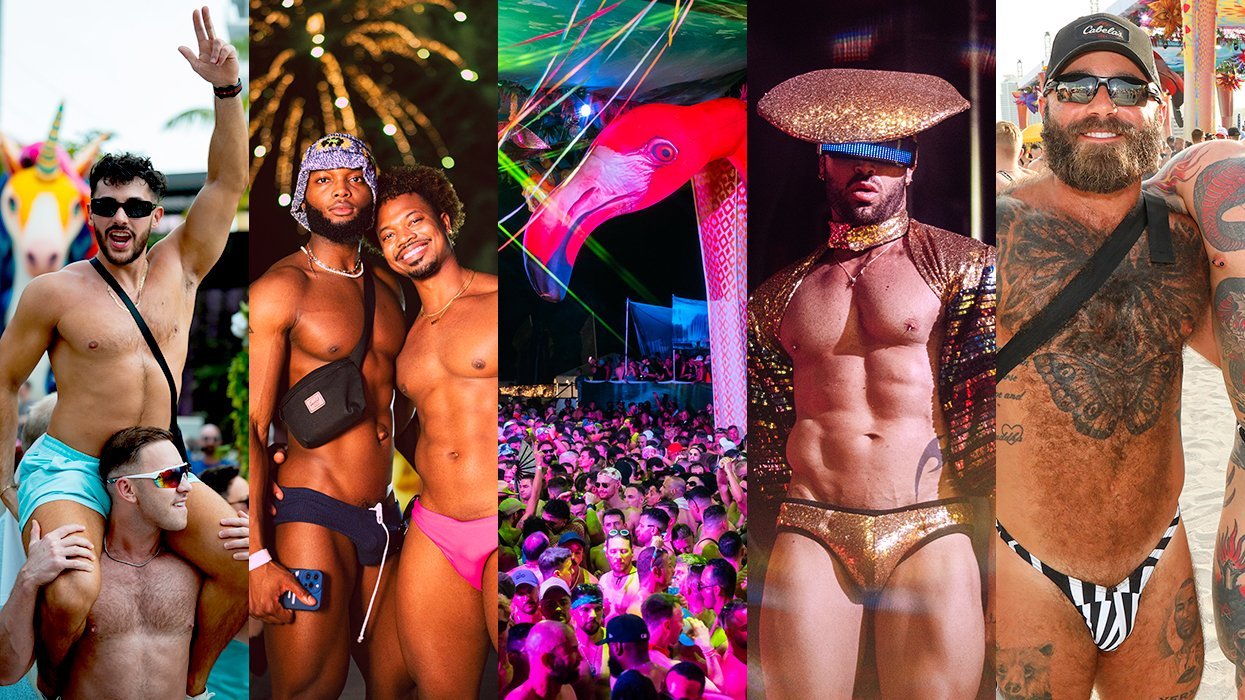

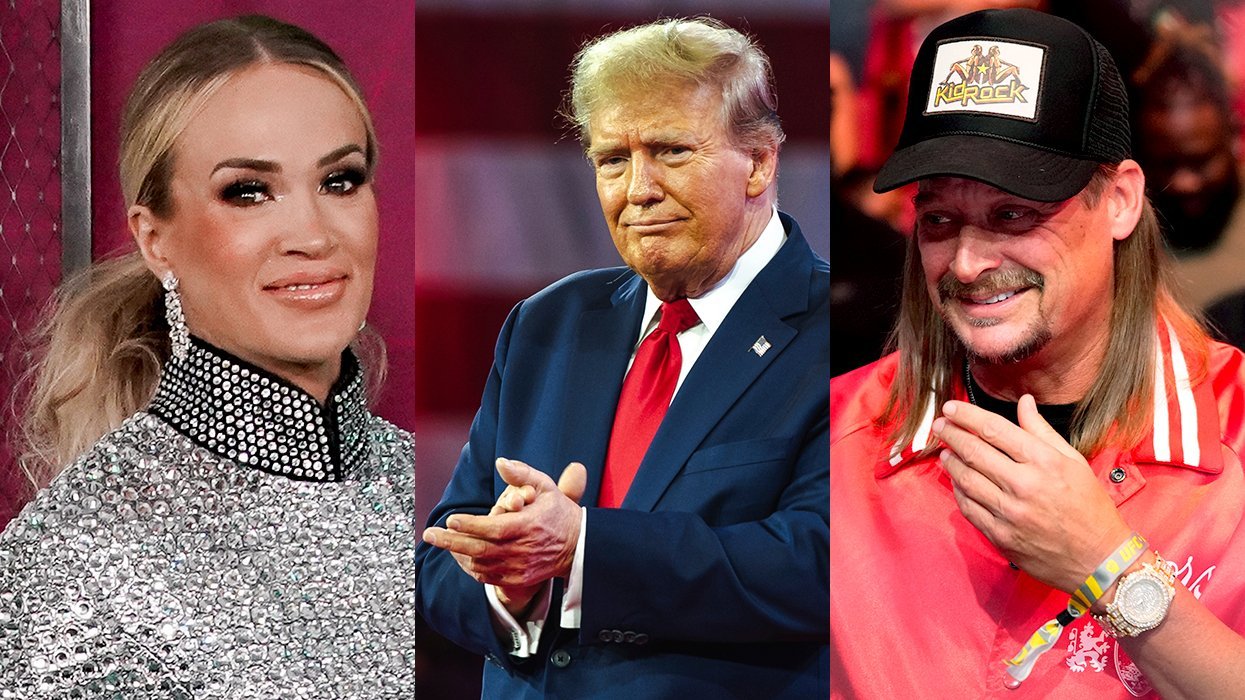
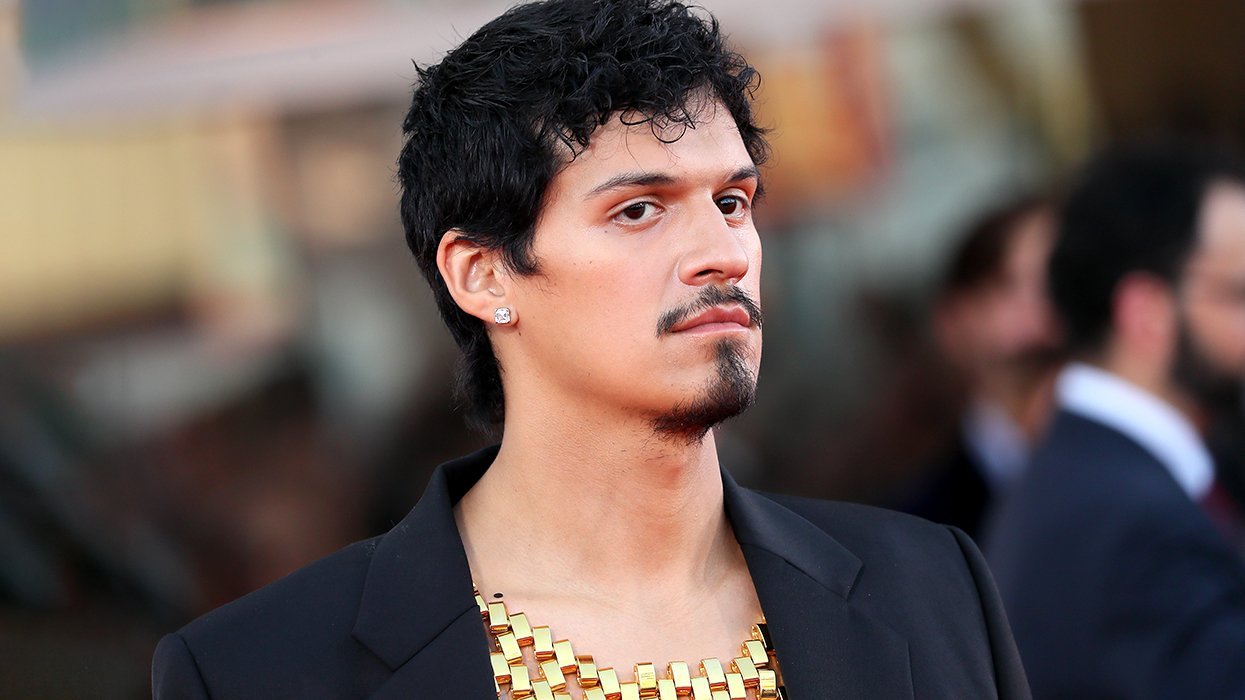




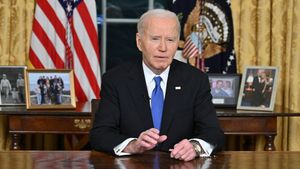







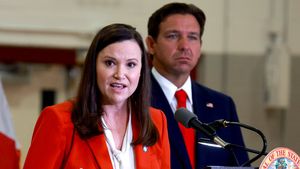




































Beware of the Straightors: 'The Traitors' bros vs. the women and gays